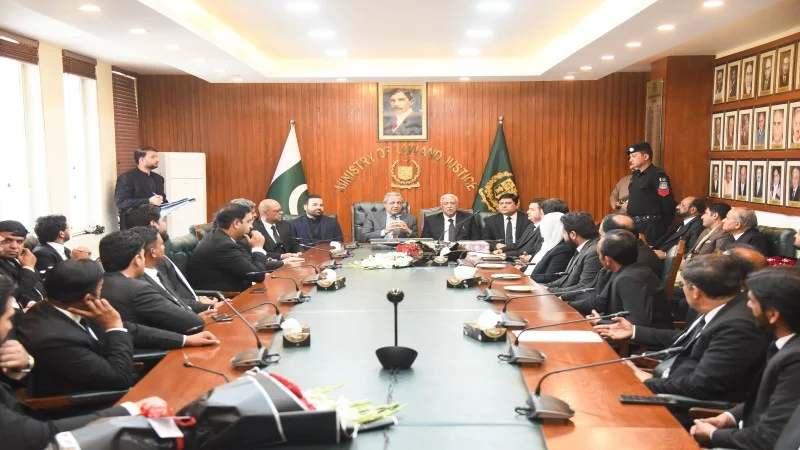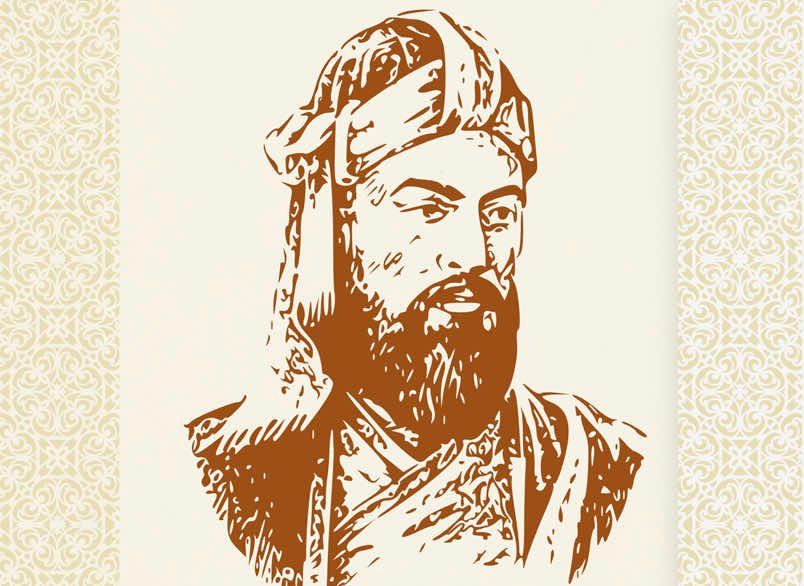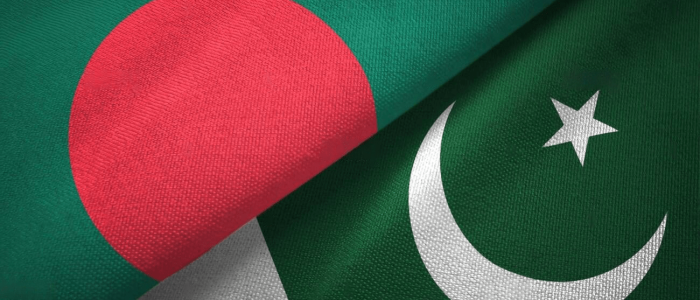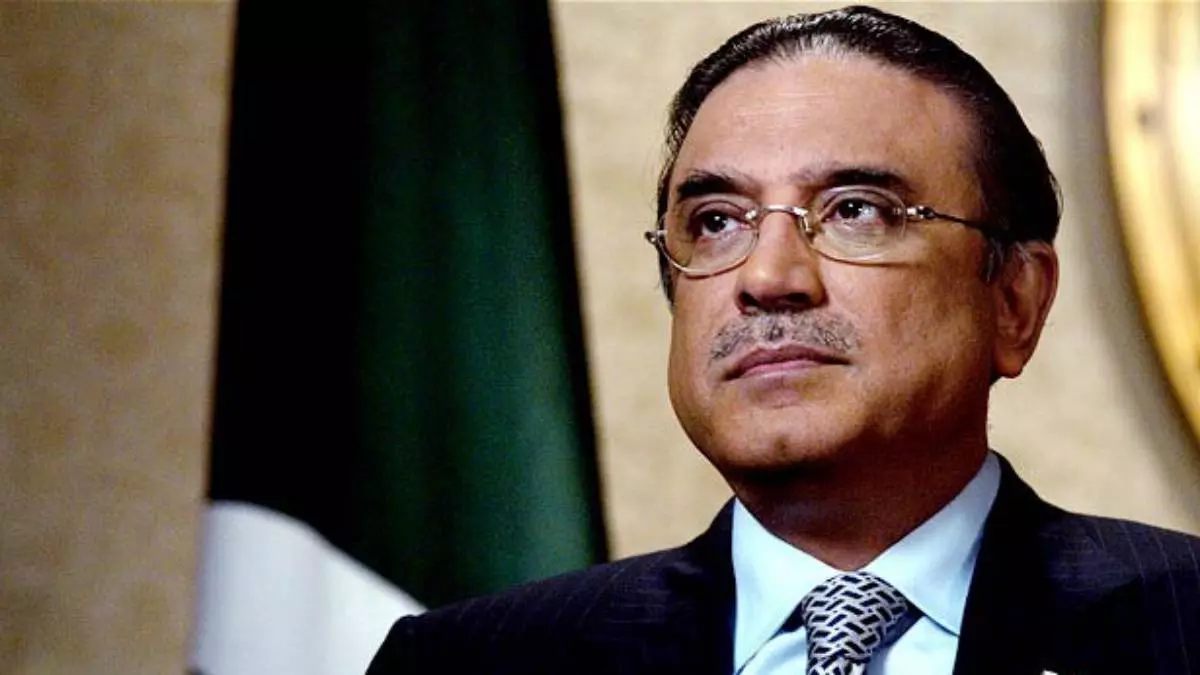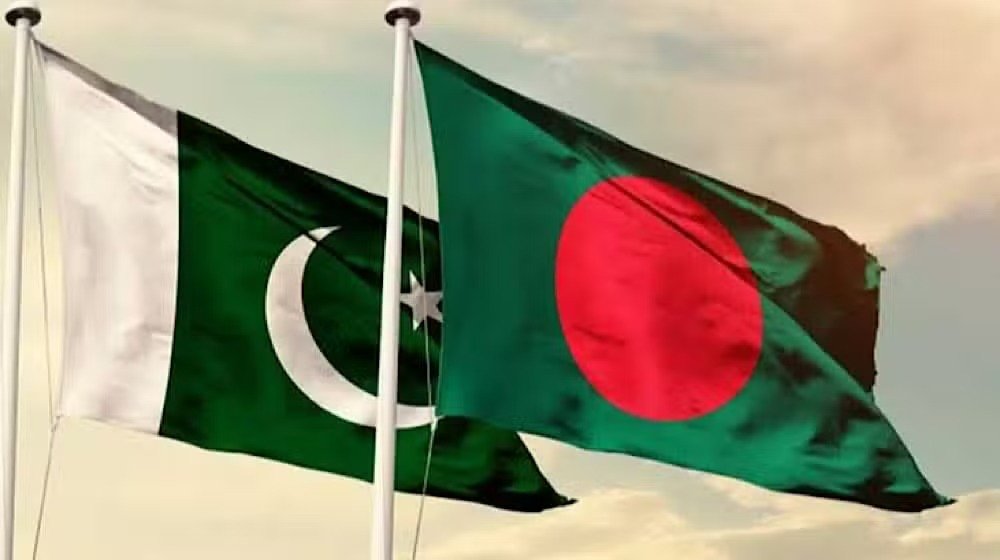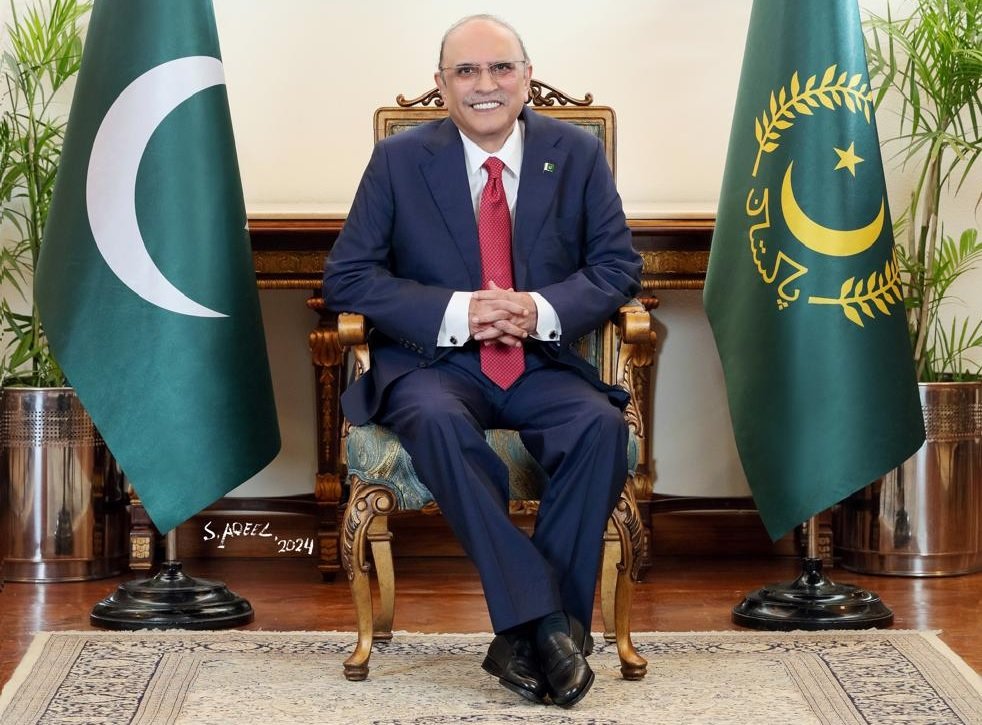Every young heart is filled with radiant dreams of the future, and often these dreams are painted with the colors of courage, determination, and the desire to serve one’s people. Rashid Minhas, born on 17 February 1951 in Karachi, was one such youth whose dreams transcended the ordinary. From childhood, he displayed a natural curiosity and brilliance that set him apart. He received his early education in Karachi, later moving with his family to Rawalpindi, where he attended St. Mary’s Cambridge School. Even at this young age, he nurtured a passion for aviation and an unshakable resolve to do something exceptional for Pakistan. He completed his F.Sc. from the Karachi Cadet College and, driven by his devotion, joined the Pakistan Air Force in 1969. His ambition was clear; to rise into the skies not only as a pilot but as a guardian of his nation.
It was in the Pakistan Air Force Academy at Risalpur that Rashid’s talent, discipline, and unwavering spirit came to full light. He worked diligently, excelling in his studies, flight training, and character development. His instructors recognized his abilities, and his peers admired his humility and resolve. Every step he took seemed destined towards a remarkable purpose, as though he was being prepared for a role that would enshrine his name forever in Pakistan’s history.
On 20 August 1971, only months after joining active service as a pilot officer, Rashid Minhas embarked on what would be his final and most glorious flight. That morning, he was preparing for a solo training sortie on a T-33 jet trainer at Masroor Air Base near Karachi. Unknown to him, lurking within the base was an act of treachery. A Bengali instructor pilot, Flight Lieutenant Matiur Rahman, who had secretly aligned himself with hostile forces in the context of the 1971 crisis, sought to defect to India with the aircraft. As Rashid taxied towards the runway, Rahman forcefully entered the cockpit and attempted to hijack the plane towards Indian territory.
It was at that defining moment that Rashid Minhas’s courage shone. Realizing the betrayal and understanding the gravity of what was at stake, he made the swift and resolute choice to prevent the plane from being taken across the border. With only minutes to act, Rashid radioed the control tower, uttering the unforgettable words: “I am being hijacked.” He then fought valiantly for control of the aircraft. Though overpowered physically, his spirit was unbreakable. In a final act of defiance, Rashid deliberately crashed the aircraft 32 miles from the Indian border, near Thatta, sacrificing his own life but saving Pakistan from the shame and danger of losing a military jet to the enemy. He was just 20 years old.
This supreme sacrifice elevated Rashid Minhas to the loftiest rank that any soldier can achieve — that of a martyr. He became the youngest recipient of Pakistan’s highest military award, the Nishan-e-Haider, the only Pakistan Air Force officer to be so honored. His act of valor not only safeguarded the honor of his uniform but also embodied the very spirit of selflessness that the Qur’an and Hadith extol. Allah says in the Holy Qur’an: “And do not say of those who are killed in the path of Allah, ‘They are dead.’ Rather, they are alive, but you perceive it not.” (Surah Al-Baqarah 2:154). Rashid’s sacrifice is a living testament to this divine truth, for though his earthly life ended on that August day, his name and legacy breathe eternally in the soul of Pakistan.
Today we are celebrating the 54th martyrdom anniversary of Rashid Minhas, and more than half a century has passed since this great event took place. Yet even today his passion and sacrifice remain as fresh as ever. His story continues to inspire countless hearts, reminding us that the price of freedom and honor is paid with the highest currency — the blood of the brave. We should make these events and sacrifices an integral part of our children’s educational curriculum so that our future generations can not only be proud of sons like Rashid Minhas but also make achieving this destination and position a dream and mission for every youth.
The Holy Prophet Muhammad (peace be upon him) said: “The most beloved of people to Allah are those who are most beneficial to people.” Rashid’s act was the ultimate benefit to his people, for he preserved the honor of his nation at the cost of his own life. Another Hadith states: “Standing guard for one day in the cause of Allah is better than the world and whatever is in it.” Rashid, by standing guard in the skies of his country, earned this divine honor in its truest sense.
Rashid Minhas’s short life is a lesson in devotion, courage, and the eternal value of sacrifice. While many young men dream of glory, his dream was not of personal achievement but of service and honor. In just twenty years, he achieved what many cannot accomplish in a lifetime; he became an immortal symbol of Pakistan’s resilience and pride. His martyrdom reminds us that true greatness is not measured in years lived but in principles upheld and sacrifices made.
Today, as Pakistan continues to face challenges, Rashid Minhas’s example stands as a beacon. He reminds us that betrayal and adversity can be met not with despair but with faith and courage. His life invites the youth of Pakistan to aspire not merely for worldly success but for noble service to their faith and nation. The Qur’an says: “Indeed, Allah has purchased from the believers their lives and their properties [in exchange] for that they will have Paradise. They fight in the cause of Allah, so they kill and are killed.” (Surah At-Tawbah 9:111). Rashid Minhas’s bargain was sealed in this spirit, and his reward, by the promise of Allah, is eternal.
In remembering Rashid Minhas, Pakistan remembers not just a pilot, but a son whose sacrifice epitomized loyalty, faith, and valor. His martyrdom remains a reminder that freedom and dignity are preserved not by words alone but by the blood of those who give their all. He lived briefly but left behind a lesson that will outlive generations; that to guard the skies and soil of Pakistan is a sacred trust, and to lay down one’s life for it is the noblest of destinies.

Director General National Assembly Parliament House Islamabad.

